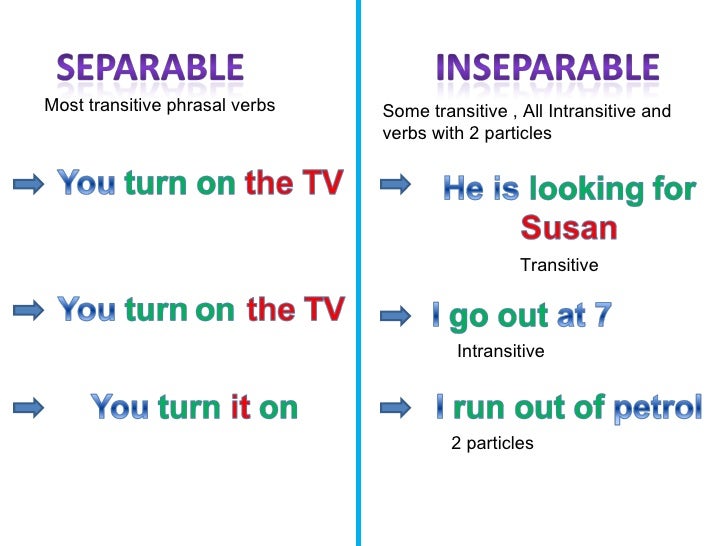I am used to + verb + ing ( Gerund.) / Get used to/ I used to + verb ...what are the differences?
The ''aspect of a verb'' is determined by whether the action is ongoing or completed/finished - today we are going to take a look at three aspects :
Let's dig deeper - get your digging tools ready, get your shoes off and feet in the proverbial sand!
Used to (+ would. ) shows that a particular thing always happened or was true in the past/ a repeated action in the past :
The habitual past is indicated(shown...) most often by the semi-auxiliary verb ''used to'' , the auxiliary would, or the simple past tense of a verb. These denote past states, with verbs such as ‘be’, ‘have’ and ‘live’.
Examples:
I used to have a picnic in the park every weekend - we would eat and drink and be merry!
We often went to the beach, where we used to build sandcastles.
I used to enjoy swimming in the ocean - I would swim for hours!
The present form of the habitual aspect : Be used to + A Gerund ( Verb + ing, )
is used to say that something is par for the course. ( Normal/familiar/a habit.) , not unusual. It means you do this often - let's say - you do this regularly.
Form: be verb + used to + verb + ing :
Examples:
Affirmative:I am used to waking up at six o'clock.
Negative: I am (not) used to waking up at six o'clock.
Question:Are you used to waking up at six o'clock?
I am used to doing the dishes every evening.( This is my routine.)
The future form of the habitual aspect :
Get used to + ing or a Noun , shows that something is in the process of becoming normal. You have not done it often - you are trying to form a habit of doing it.
Form: get used to + ing:
Examples:
Affirmative:I am trying to/need to get used to riding my scooter.
Negative:I am not getting/I do not think I will/can not/will not + get used to waking up at six o'clock.
Question: Are you getting used to riding your scooter?
I have to get used to all of this new technology, I have not yet gotten the hang of it. ( get the hang of = Get used to/become accustomed to.)
Conversation/ writing practice:
How have you changed, compared to when you were a teenager/young adult?
( Think of your personality /likes and dislikes/ responsibilities.)
___________________________________
Is there any food you used to hate but you like now?
___________________________________
What activities did you use to do that you’ve stopped doing now?
___________________________________
What are you used to doing everyday?
___________________________________
Are you used to waking up early? Do you think we should all get used to waking up early? Why/Why not?
___________________________________
What are some things we need to get used to doing as an adult?
___________________________________
.jpg)














